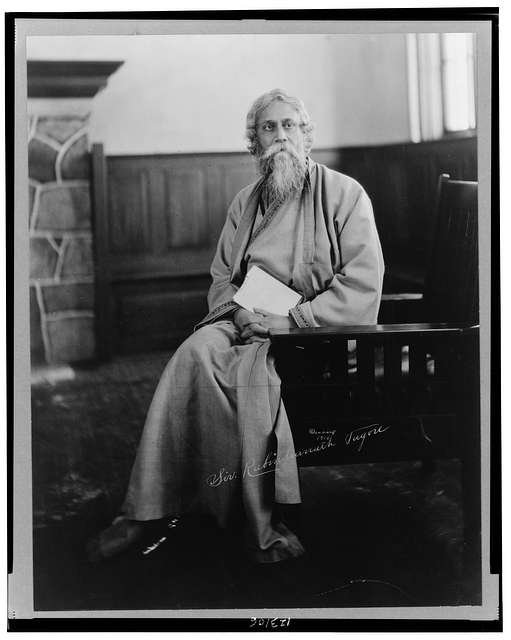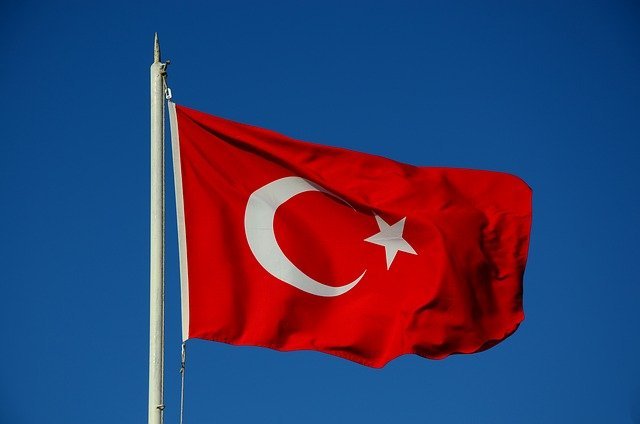
Book Name:
Empire, Nationalism and Post Colonial World: Rabandranath Tagore Writings on History, Politics and Society
Author:
Michael Collins
Please note that this article may contain affiliate links !!!!
The philosopher, musician, and poet Rabindranath Tagore, more commonly known by his surname Tagore in masses, is a well-known Bengali poet who was also the first non-European Nobel laureate of literature in 1913 for his poetry collection, Gitanjli (the Songs Offerings) was a descent of Bengali Brahmin family considered an icon of Indian literature, history and classicism all over the world. As an Indian nationalist and a staunch vocalist of the Bengali Renaissance, Tagore founded the Visva Bharati University.
Also Read: Dilemma of British Bangladeshis!!
His influence on Bengalis and Bengali literature could be seen in the fact that the two states, India and Bangladesh, adopted his songs as their national anthems respectively. It is also reported that the national anthem of Sri Lanka was originally written by him at the request of one of his Sri Lankan students at Visva Bharti University, which was later translated into Sinhalese and tuned with the tune of Tagore.
Believing in full-fledged independence for India, Tagore wanted India and Indians should also learn from other countries and must cull best practices and traditions from them.
Being a stringent critic of British imperialism, it was revealed, too, during the trial of the Indo-German plot in San Francisco in 1917 that Tagore had prior knowledge of this conspiracy and had also sought help from the Japanese officials for this. He also not favoured the Swadeshi movement of Gandhi Ji which stressed the use of domestically produced goods instead of foreign or British ones.
He dealt with this theme in his novel, Ghare Baire (the Home and the World) by drawing on the hypocrisy and impracticality of this movement. He kicked the Knighthood title being conferred upon him by the British government for the Amritsar massacre done by General Dire in April 1919.
In the book under discussion, author Michael Collins explores the development and growth of nationalistic views of Tagore and their contrast with Mahatma Gandhi. How the two differed over imperialism, nationalism, independence and the post-imperialism and freedom setup for India.
The intellectual history approach is the most used, reliable, and applicable technique to analyze ideas and their growth in a genius like Tagore whose interpretation and understanding of the clear, solid background sometimes misunderstood and went wrong in their perception.
All ideas and thoughts are the end product of the political, social, and economic needs of the age in discussion.
Also Read: Dialectics of developments in Indian politics
The 216-page book is divided into parts. The first part deals with Tagore’s beliefs and intentions about religion and how it contributes to a society like the Indian one. He had a cosmopolitan view of religion believing and accepting all those who would have a positive impact on humanity.
This first part traces the intellectual progress of Tagore from 1912 till his death in 1941.
The second part of the book is how Tagore is understood in the West after the end of colonialism and in the post-colonial period.
The two men, Tagore and Yeast, drew inspiration from their locales. Both India and Ireland were governed and controlled by a single power, Great Britain.
The unforgettable friendships of Tagore, CF Andrews, and EJ Thompson and the contribution of the latter two with the former for the Indians are binding forces in shaping both the history and intellectual growth of the three geniuses and the period.
Even after 160 years, he is still remembered and revered for his humanistic and all-embracing approach not only by Bengalis whether they are in the Indian state of West Bengal or Bangladesh, the political and literary history of the age is incomplete without him. The reading would have a double dose effect on the readers, first getting insight into a great mind and then analyzing and linking the present local and world surroundings for them.


